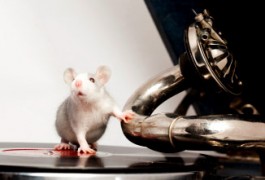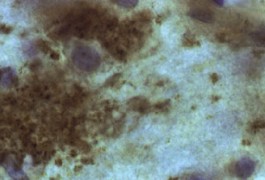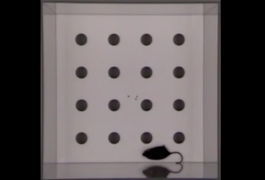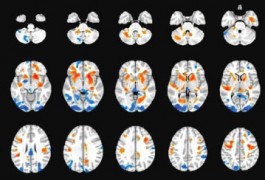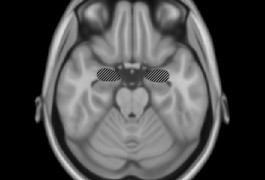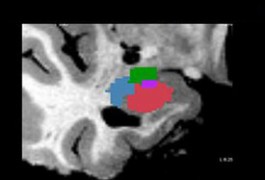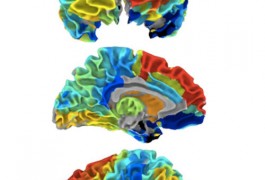Cognition and behavior: Maternal infection linked to anxiety
Offspring born to pregnant rats with an activated immune system emit more distress calls when they receive electrical shocks than do controls, according to a study published 9 June in the Journal of Psychiatric Research.
